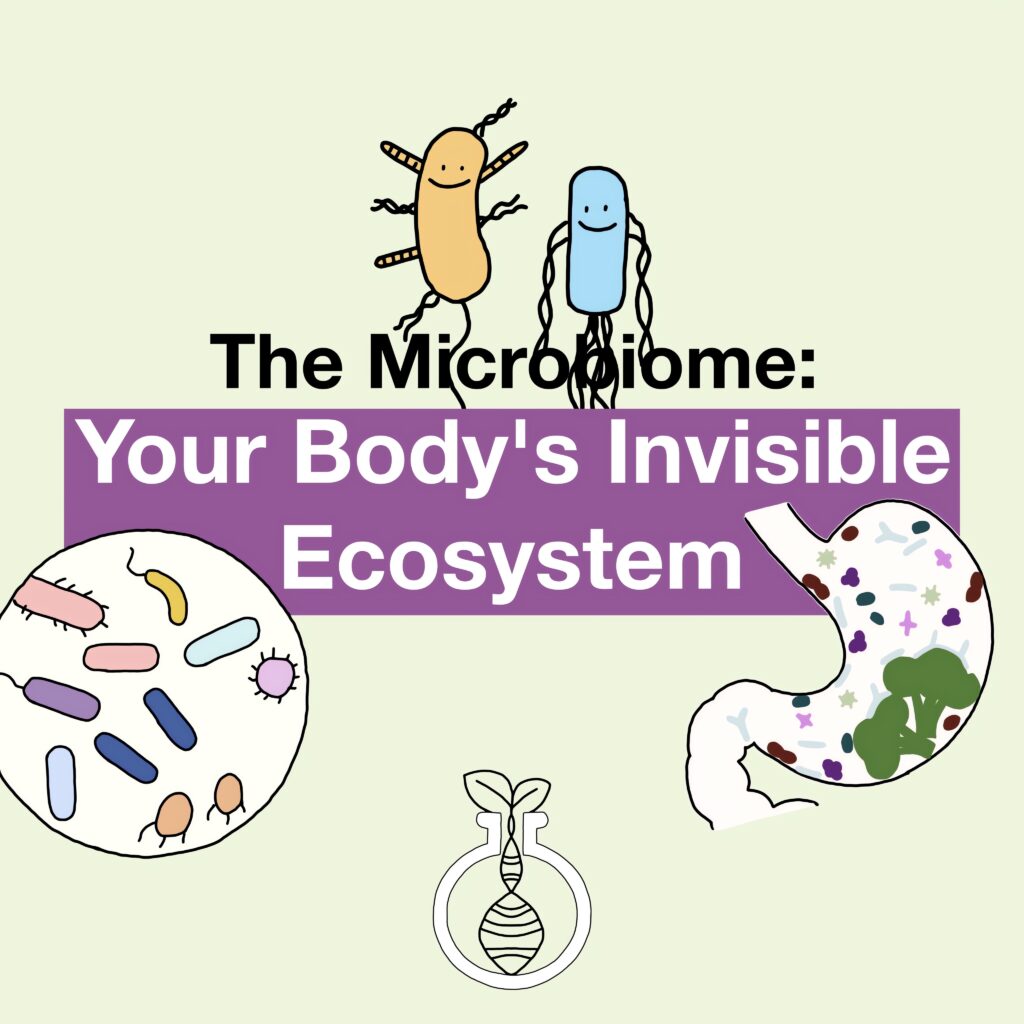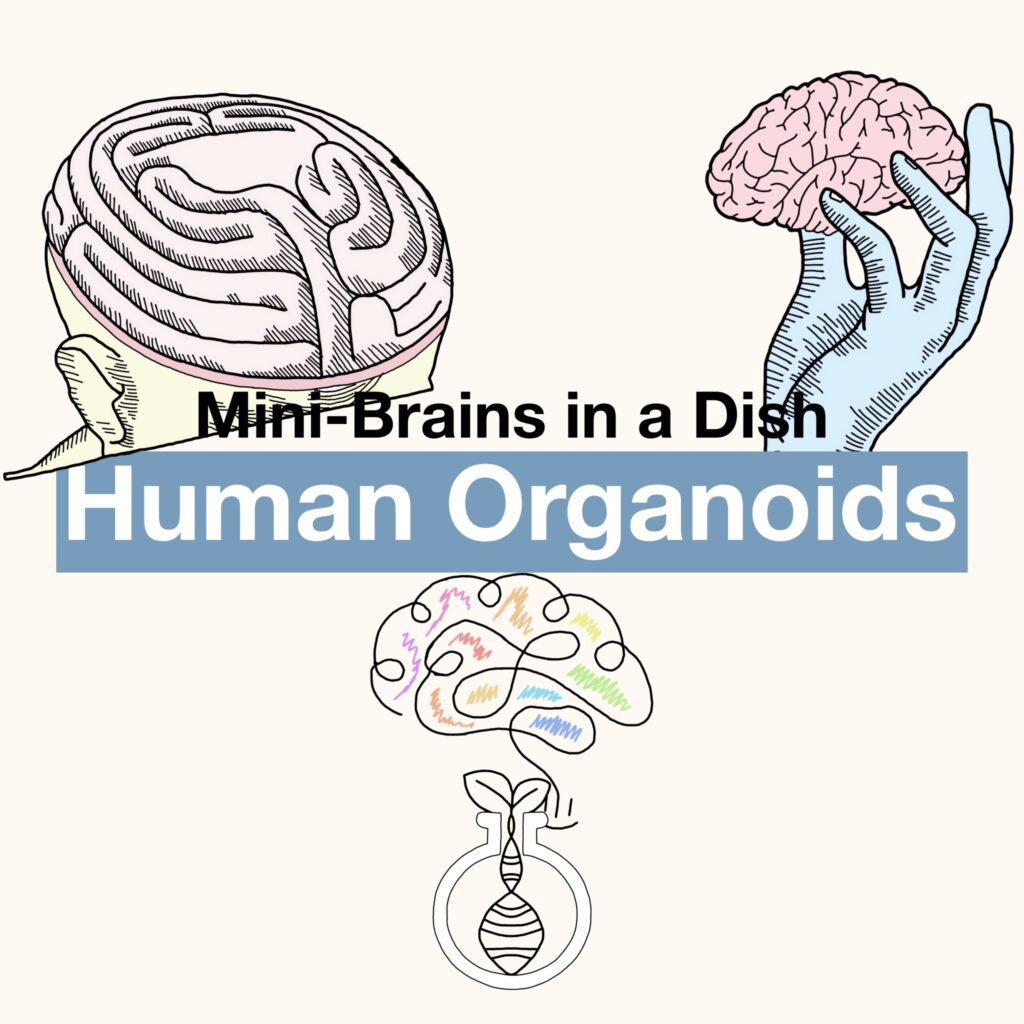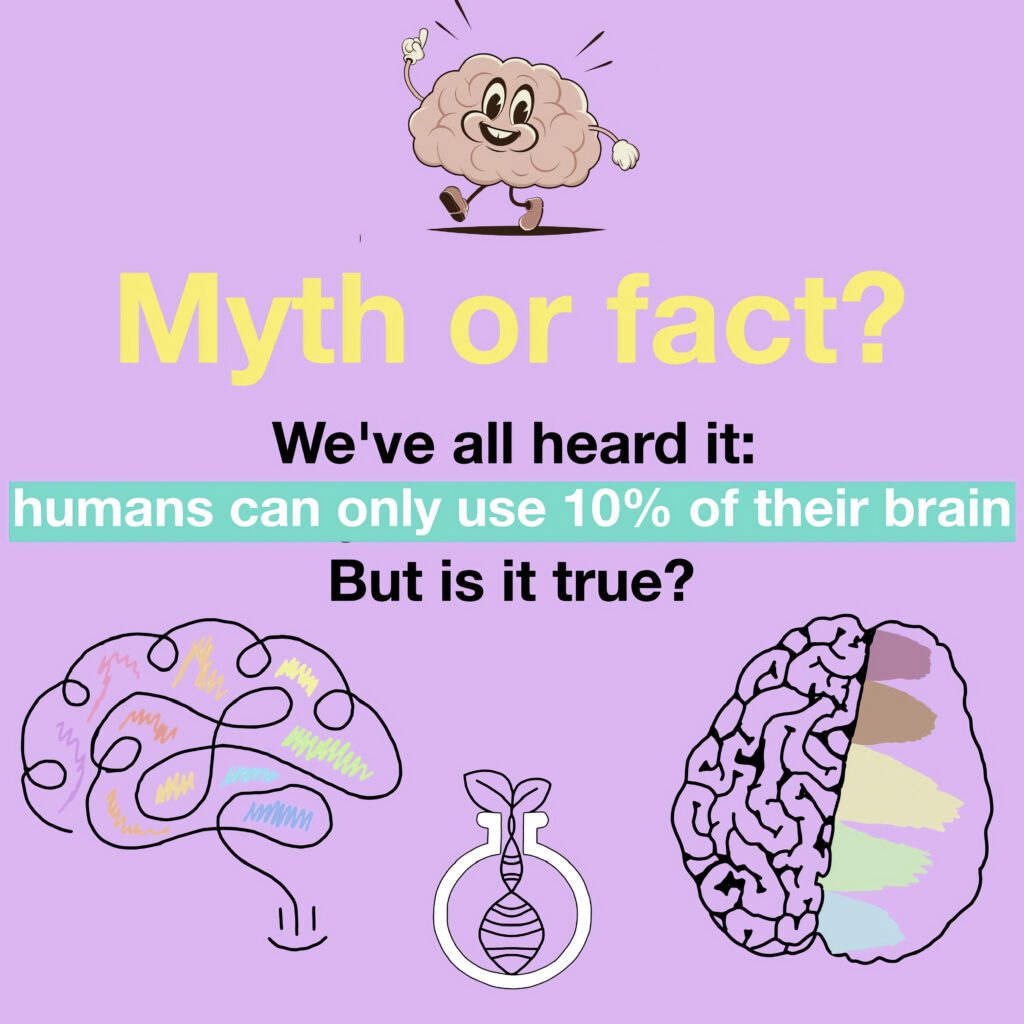Imagine a bustling city, teeming with life, energy, and endless activity. Now, shrink that city down to a microscopic level, and you have your body’s microbiome—a vibrant, invisible ecosystem that’s as essential to your health as the organs you can see and feel. What if I told you that you’re more bacteria than human? It sounds wild, but it’s true! The trillions of microbes living in and on your body outnumber your human cells, and they play a crucial role in keeping you alive and well.
The Invisible World Within: What Is the Microbiome?
Your microbiome is a complex community of microorganisms, including bacteria, viruses, fungi, and other microbes, that live mostly in your gut but also on your skin, in your mouth, and virtually everywhere else. It’s like a hidden world within you, with each microbe contributing to the overall health of the ecosystem—much like the residents of a city. While you might not notice them, these microbes are hard at work, performing tasks that are vital to your survival.

The Role of the Microbiome in Health
The microbiome isn’t just along for the ride; it’s deeply involved in your well-being. Think of your gut microbiome as a bustling marketplace where nutrients are exchanged, waste is managed, and information flows freely. These microbes help digest food, produce essential vitamins, and even train your immune system to recognize and fight off harmful invaders. Without them, your body would struggle to perform these basic functions.
But that’s not all. Your microbiome is also linked to more surprising aspects of health, such as mood and mental health. Researchers have found that gut bacteria produce neurotransmitters like serotonin, which influence your mood and behaviour. This gut-brain connection is so powerful that some scientists refer to the gut as your “second brain.”

When Things Go Wrong: The Impact of Dysbiosis
Just like a city can fall into disrepair, your microbiome can become unbalanced—a condition known as dysbiosis. When this happens, harmful bacteria can outnumber the good, leading to a range of health issues. Dysbiosis has been linked to conditions like obesity, diabetes, inflammatory bowel disease, and even mental health disorders like depression and anxiety. It’s as if the once-thriving city has turned into a chaotic environment, where vital services break down and disorder reigns.

Nurturing Your Microbiome: What You Can Do
The good news is that you can take steps to support a healthy microbiome. A diet rich in fiber, fruits, vegetables, and fermented foods can help nourish the beneficial bacteria in your gut. Probiotics, prebiotics, and avoiding unnecessary antibiotics can also make a big difference. It’s like providing your city with the resources it needs to thrive, ensuring that your body’s invisible ecosystem remains balanced and healthy.

The Future of Microbiome Research
Scientists are only beginning to scratch the surface of the microbiome’s potential. Ongoing research is exploring how we can harness the power of microbes to treat diseases, improve mental health, and even personalize medicine. The future may hold incredible breakthroughs that could transform our understanding of health and disease, all thanks to the tiny inhabitants of our microbiome.

In Conclusion: You Are Consist of More Than You Think
Your microbiome is an invisible yet vital part of who you are. It’s a dynamic, bustling ecosystem that influences everything from digestion to mood. By nurturing this hidden world within, you can support your overall health and well-being. So, the next time you think about your body, remember that you’re not just human—you’re an entire universe of microbes, working together to keep you healthy.


My name is Ali Emre Cabadak, a dedicated biology enthusiast currently pursuing my studies at Marmara University, where I am majoring in Bioengineering. As a passionate advocate for scientific discovery and innovation, I am the founder of Biologyto. My goal is to bring the wonders of biology closer to everyone and inspire a new generation of thinkers and innovators. Through Biologyto, I aim to write scientific articles that delve into the fascinating world of biology, sharing insights and discoveries that inspire curiosity and innovation.






I’m really impressed together with your writing talents as neatly as with the structure in your blog. Is this a paid subject matter or did you customize it your self? Either way keep up the excellent quality writing, it’s uncommon to see a nice weblog like this one today!
Cheers 🧬🎉